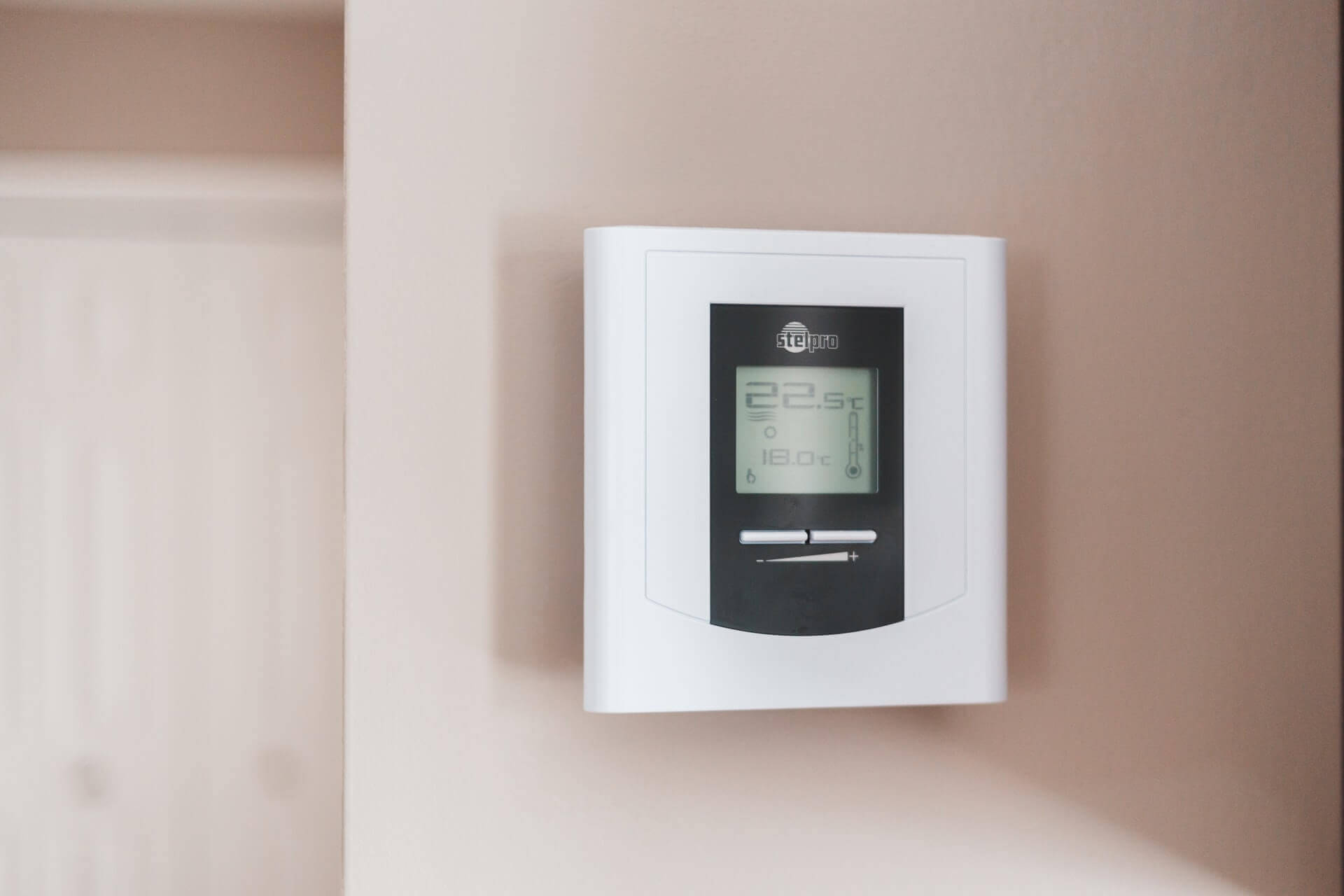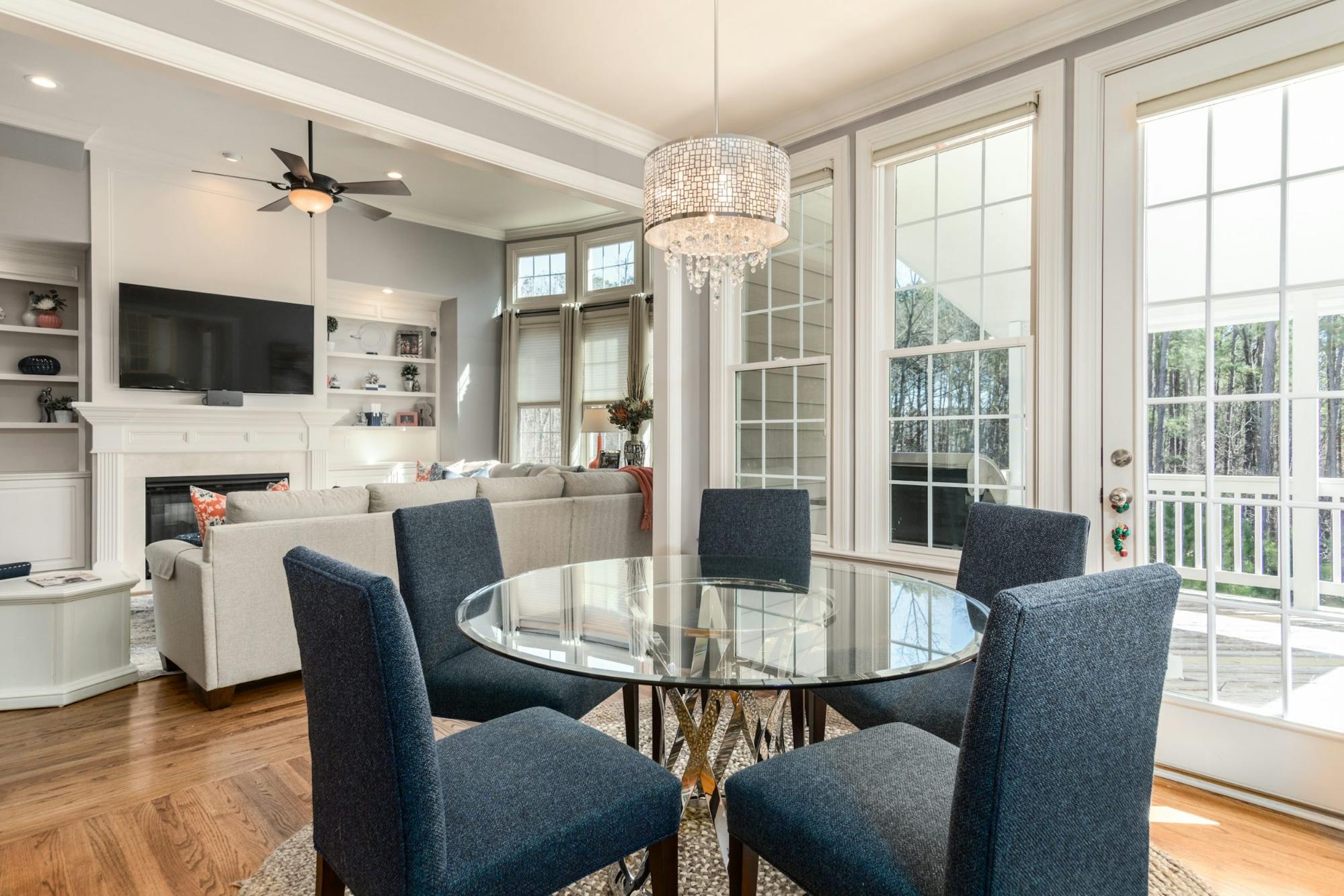Heat pump versus central air conditioning: which one to choose?

You are considering replacing the air conditioning system in your home or you want to have one installed in your new home. However, there are various devices on the market, to the point where you no longer know where to start. The devices most frequently used by Canadians are heat pumps and central air conditioning. But which of the two devices should you choose? Learn about the main pros and cons of each of the two systems.
Central air conditioning
Central air conditioning, also known as air conditioning, is a device that cools every room in your home. Not only will the air in your home be cooled, but its humidity level will also decrease. The air conditioner will, at first, suck hot air into the rooms. It is equipped with a refrigerant liquid that will transform it into fresh air. The latter will be redistributed in the house in order to refresh the occupants. Thanks to an integrated air purification system, the air blown into each room will be of better quality.
The advantages of central air conditioning
Central air conditioning offers numerous advantages, including the following:
- Great cooling power: an air conditioner is available in different powers, which allows it to cool a more or less large area. This power is translated into Btu/h, which is the unit of measurement of cooling power. The higher the number, the more refrigeration capacity the unit offers to cover a large room. For example, a device offering 5,000 BTU/hr can cover an area between 100 and 150 square feet;
- A more affordable purchase price: from a global point of view, a central air conditioner costs less than a heat pump, whether to buy or to install. However, the price depends on its size and power;
- A multifunctional device: the air conditioner is equipped with a whole range of features that make it more convenient to use. For example, the heating option may be present if the air conditioner has a reversible valve, dehumidifying the air allows you to rid the air of humidity in summer, the air purification function improves the air quality in the rooms, the timer allows you to program the operating time of the device, and the thermostat allows you to set the temperature in the desired range;
- Possibility to connect via Wifi and Bluetooth: some very sophisticated air conditioner models can be connected to your smartphone in order to be managed remotely. So, even if you are not at home, you can adjust the operation of the device as you see fit.
The disadvantages of the air conditioner
Nevertheless, the air conditioner has various disadvantages that are important to highlight:
- Cooling function only: the majority of air conditioner models only serve the role of cooling rooms, unlike heat pumps, which also play a heating role. Thus, they will only be usable for a few months in the year, especially during periods of high heat. Only sophisticated models equipped with a reversible valve can fulfill a double role;
- Less economical in terms of energy consumption: the use of an air conditioner will have to be combined with that of heating, since it does not allow the house to be heated in winter. This is relatively expensive in terms of energy consumption.
The heat pump
The heat pump is a heating and cooling device that is increasingly popular with Canadians. This device sucks in the air outside the house, turns it into hot cold air and distributes it into the rooms of the house. Thus, the heat pump systematically fulfills a double role of air conditioning and heating.
However, it is not as efficient as a traditional heating system. In fact, it can heat a house up to -25°C in winter. Below this temperature, heating must take over.
The advantages of a heat pump
Using a heat pump has a wide range of advantages, including:
- Very long life: this type of device is designed to last more than ten years. This allows you to rest easy over several years without having to think about replacing it. However, to achieve such a lifespan, you must ensure that you maintain your heat pump properly;
- A 2 in 1 device: while the central air conditioner generally only refreshes the air, the heat pump plays a double role of heating in winter and air conditioning in summer;
- Possible savings in perspective: admittedly, the purchase and installation price of a heat pump is higher compared to air conditioning, but in the long term, it is more profitable. Indeed, it has a longer lifespan and it can replace the heating and air conditioning system, which allows you to save a lot on energy bills;
- Purchase subsidies: by asking your municipality carefully, you will be surprised to see that installing a heat pump in your property can get you a subsidy for the ecological aspect of this device.
The disadvantages of the heat pump
However, the heat pump has a few drawbacks that are important to highlight. Here are a few of them:
- More regular maintenance: the heat pump is used almost all year round, unlike air conditioning, which is only on for a few months a year. As a result, it requires more maintenance in order to guarantee its longevity and optimal functioning. It is recommended that you call on professionals to maintain your heat pump. They will not only clean it, but also inspect and replace the faulty parts;
- An annoying noise: heat pumps generally produce a fairly high noise produced by the outdoor unit. This is the reason why it is necessary to be methodical about the location of this unit so as not to disturb the neighborhood or the occupants of the house;
- A more complex installation: the heat pump sometimes requires some modifications to the existing duct network before being functional. It is therefore necessary to foresee additional costs associated with its installation.
In the end, what to choose between the two?
In the end, the heat pump is more interesting, whether in terms of its dual function of air conditioning and heating, possible savings in the long term, or its longevity. That is why it is popular with Canadians. Air conditioning is more attractive for its low acquisition and installation costs and its additional features.
Guarantee: No traces, no stress — only lasting results.
5 000 +
96%
$6,275



.avif)



